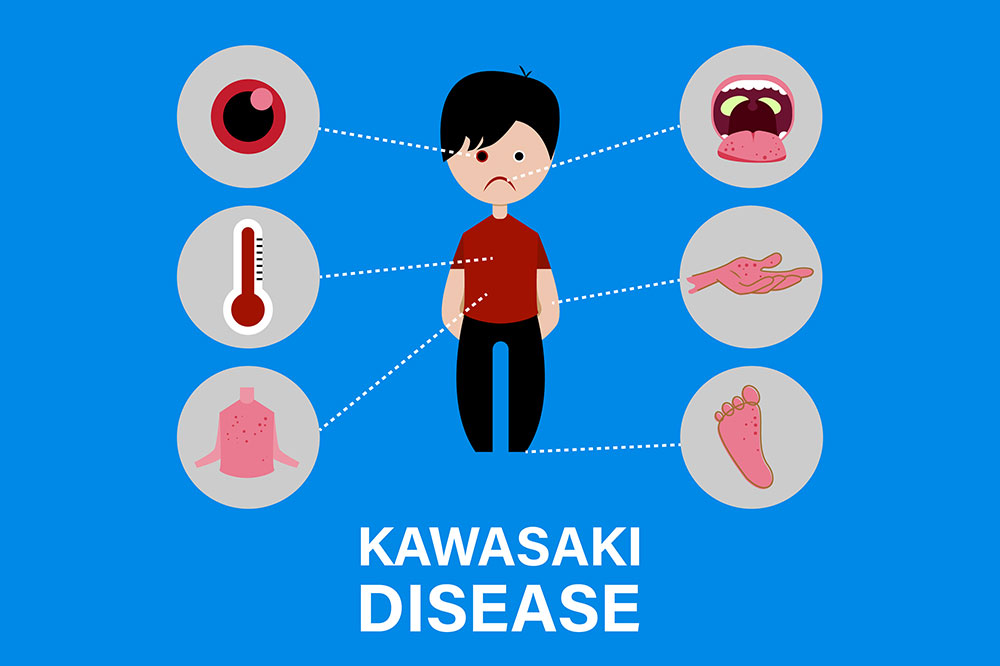Enhancing Mental Health Awareness: Government Initiatives Promoting Depression Self-Assessment Tools
This article explores the U.S. government's proactive efforts to promote depression self-assessment tools, highlighting their importance in early diagnosis and treatment. Discussing various initiatives, targeted campaigns, and accessible online platforms, it emphasizes how self-testing can help reduce stigma and encourage timely mental health intervention nationwide. The article underscores the significance of early detection in improving overall mental health outcomes and supports ongoing public health strategies to make mental health screening more accessible and normalised in everyday life.

Enhancing Mental Health Awareness: Government Initiatives Promoting Depression Self-Assessment Tools
Depression remains one of the most prevalent mental health conditions affecting millions across the United States. Currently, approximately 15 million Americans suffer from depression, many of whom also experience anxiety disorders concurrently. According to recent studies, around 6.7% of adults have encountered episodes of major depression at some point in their lives. Despite the wide availability of effective treatment options, research indicates that only about 35% to 41% of individuals with depression seek professional help, often due to stigma, lack of awareness, or accessibility issues. This significant treatment gap underscores the critical importance of early detection and the role of accessible self-assessment tools in bridging this divide.
Recognizing this pressing need, the United States government has actively supported initiatives aimed at promoting depression screening and self-assessment. These efforts are designed to empower individuals to recognize the early signs of depression and seek appropriate intervention promptly. Among the primary tools endorsed is the Patient Health Questionnaire (PHQ-9), a validated, easy-to-administer screening instrument that can be accessed both online and in printed formats. The PHQ-9 helps individuals evaluate their emotional state and identify symptoms associated with depression, facilitating early diagnosis and treatment.
The U.S. Department of Health and Human Services, along with agencies such as the National Institute of Mental Health (NIMH) and the Agency for Healthcare Research and Quality (AHRQ), have taken active roles in promoting mental health awareness campaigns. These campaigns emphasize the importance of routine depression screening and support the integration of self-assessment tools into primary healthcare, schools, workplaces, and community programs. By encouraging self-testing, these initiatives aim to normalize mental health discussions, reduce stigma, and foster a culture where seeking help becomes more accessible and accepted.
Throughout the nation, numerous organizations champion the use of depression self-assessment tools, particularly among vulnerable populations. For example, adolescents aged 12 to 18 are a key demographic targeted by school-based screening programs and online platforms like My HealtheVet. Pregnant women are also prioritized, as hormonal changes during pregnancy can increase the risk of depression; tailored screenings help improve maternal mental health and fetal outcomes. These targeted initiatives aim to increase detection rates and connect individuals with mental health professionals more efficiently.
Accessible online platforms and collaborations with organizations such as the National Alliance on Mental Illness (NAMI) further support these efforts. These platforms offer free, confidential self-assessment questionnaires designed to help individuals identify symptoms early. The widespread availability of digital tools ensures that mental health screening becomes a routine part of wellness checks at home, school, or in community settings.
The importance of early diagnosis cannot be overstated. When depression is identified early through validated self-assessment tests, individuals can begin treatment promptly, significantly improving their prognosis. Moreover, early intervention can help prevent the progression of depressive disorders, minimize the impact on daily functioning, and reduce the risk of associated complications such as suicidal ideation. As awareness grows, the stigma surrounding mental health diminishes, encouraging more people to seek help without fear of judgment.
Overall, the U.S. government’s ongoing commitment to promoting depression self-assessment tools reflects a comprehensive strategy to improve mental health outcomes nationwide. By increasing accessibility, raising awareness, and fostering a proactive attitude toward mental health, these initiatives strive to decrease the prevalence of untreated depression and enhance the quality of life for millions of Americans. As mental health becomes increasingly prioritized in public health discourse, the role of self-assessment tools in early detection and intervention remains vital.





